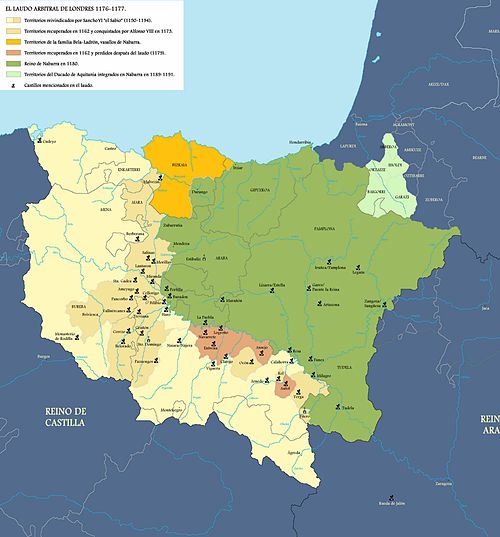|
During the Ninth century, the Basque had a short encounter with Vikings who were occupying the banks of the Adour River. From the short occupation, the Basque learned from the Vikings, who at the time had accomplished some of the farthest sea traveling.
|
The basque applied the technique of curing whale meat, by salting it, to cod meat, allowing the cod to be taken farther and stored longer.
Armed with Viking inspired sea-faring vessels and salted cod, the Basque traveled farther and longer, chasing cod to their northern summer breeding grounds and eventually, off the coast of an uncolonized New World.
"The Basques didn't go around planting flags. They just made money and weren't really interested in anything else,"
-Mark Kurlansky, [n.d.]
Their travels and fish expeditions lead to a greater participation in European economy. The oil and meat that they gathered brought them great profit, until it was ended by the Treaty of Utrecht in 1713, which allowed them to keep their homeland at the price of ending their fishing expeditions in Canadian waters because of French interest in the industry.
Armed with Viking inspired sea-faring vessels and salted cod, the Basque traveled farther and longer, chasing cod to their northern summer breeding grounds and eventually, off the coast of an uncolonized New World.
"The Basques didn't go around planting flags. They just made money and weren't really interested in anything else,"
-Mark Kurlansky, [n.d.]
Their travels and fish expeditions lead to a greater participation in European economy. The oil and meat that they gathered brought them great profit, until it was ended by the Treaty of Utrecht in 1713, which allowed them to keep their homeland at the price of ending their fishing expeditions in Canadian waters because of French interest in the industry.


